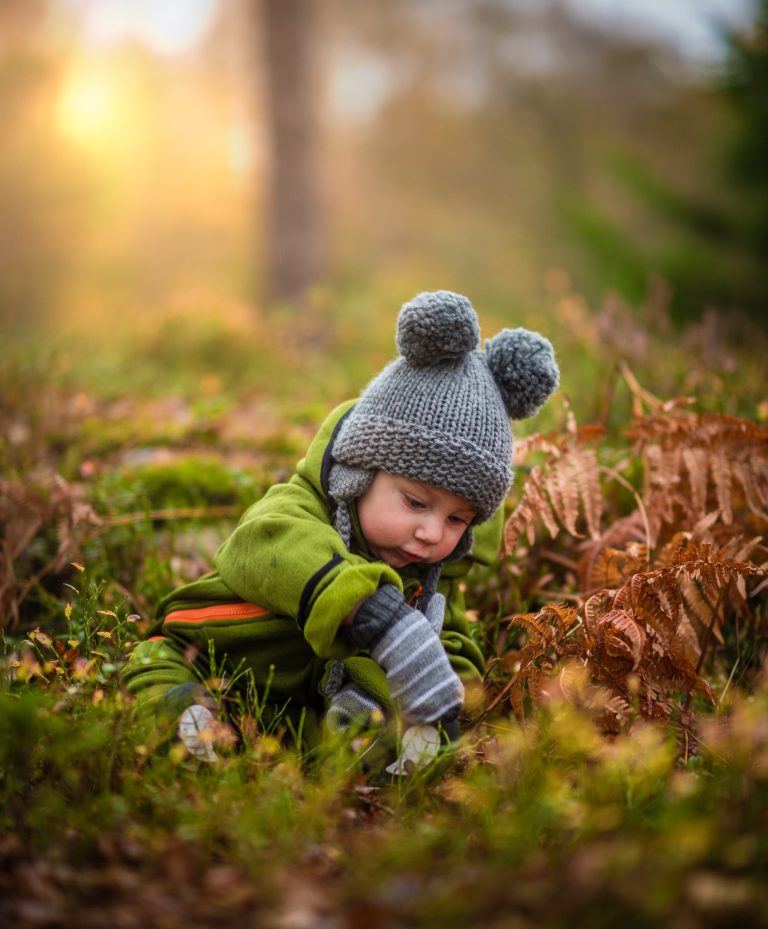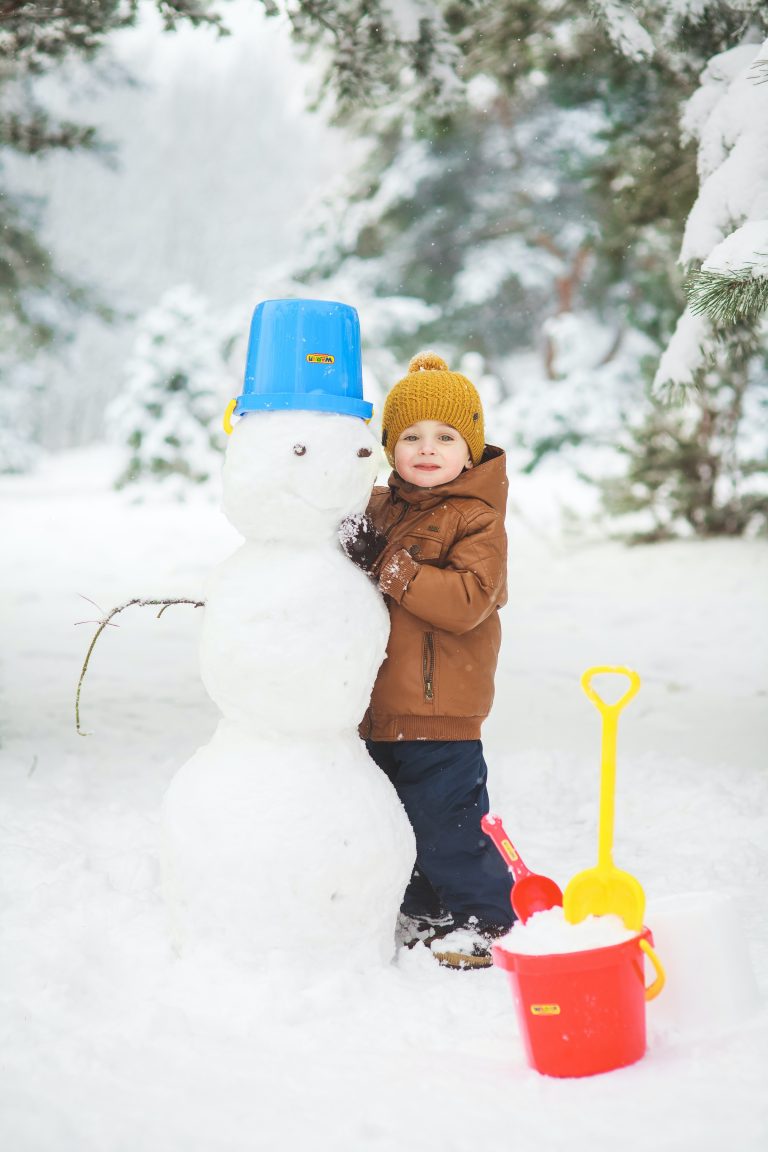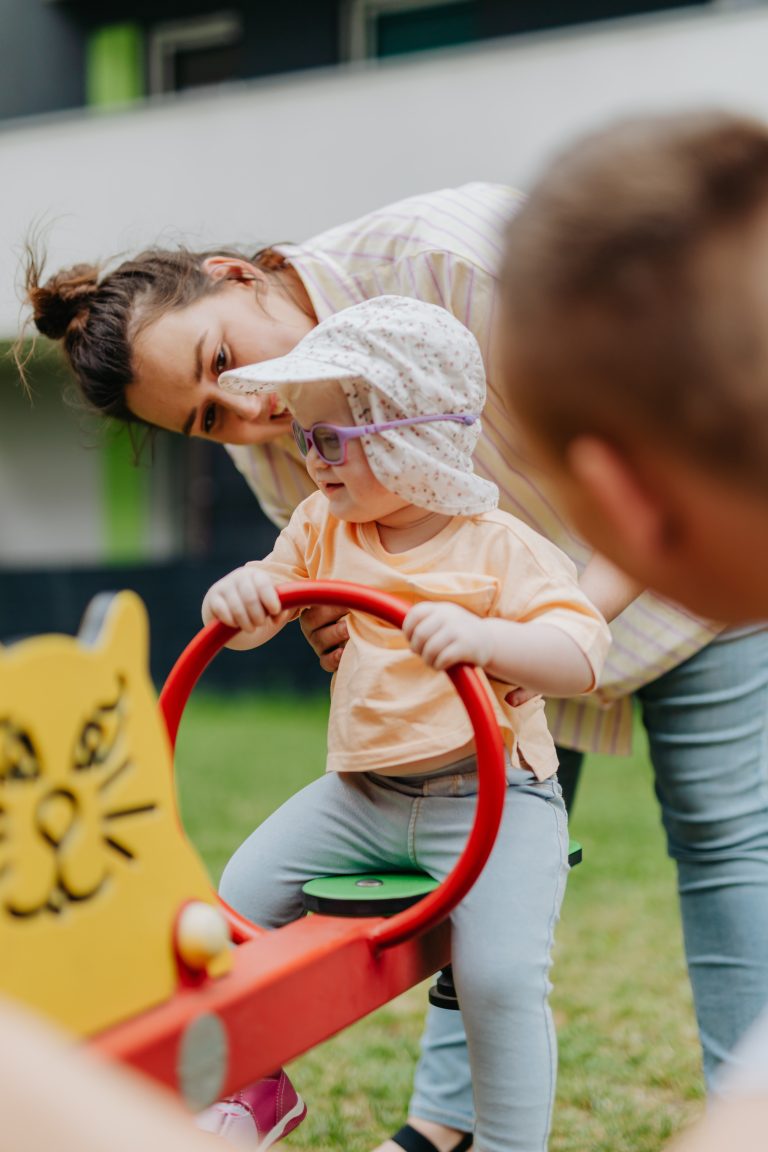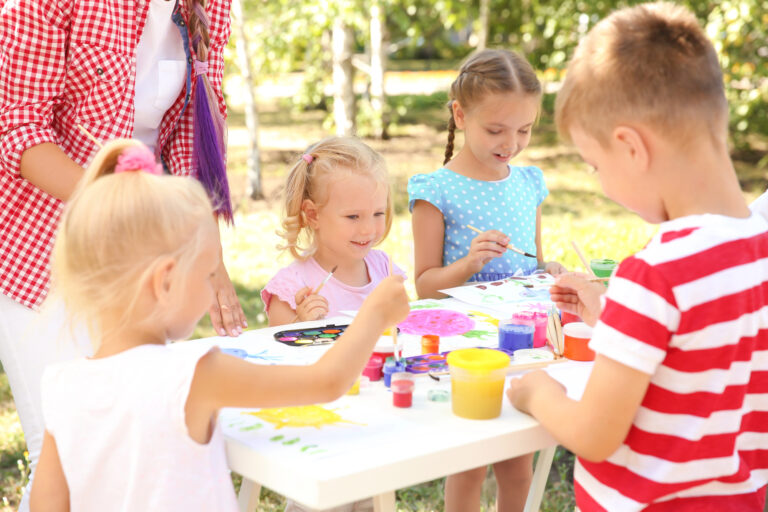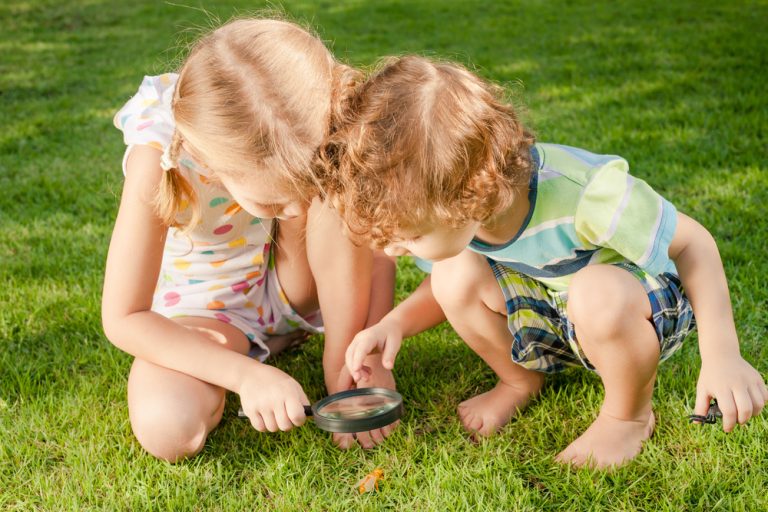The Benefits of Play-Based Learning for Young Children
As a parent, you want what’s best for your child. you want them to receive the best possible start in life. But. . .what does that look like? Traditional schooling? Montessori? Homeschooling?
The truth is, there is no one-size-fits-all answer.
Every child is different and will learn in different ways. However, one educational approach is beneficial for all children and that is play-based learning.
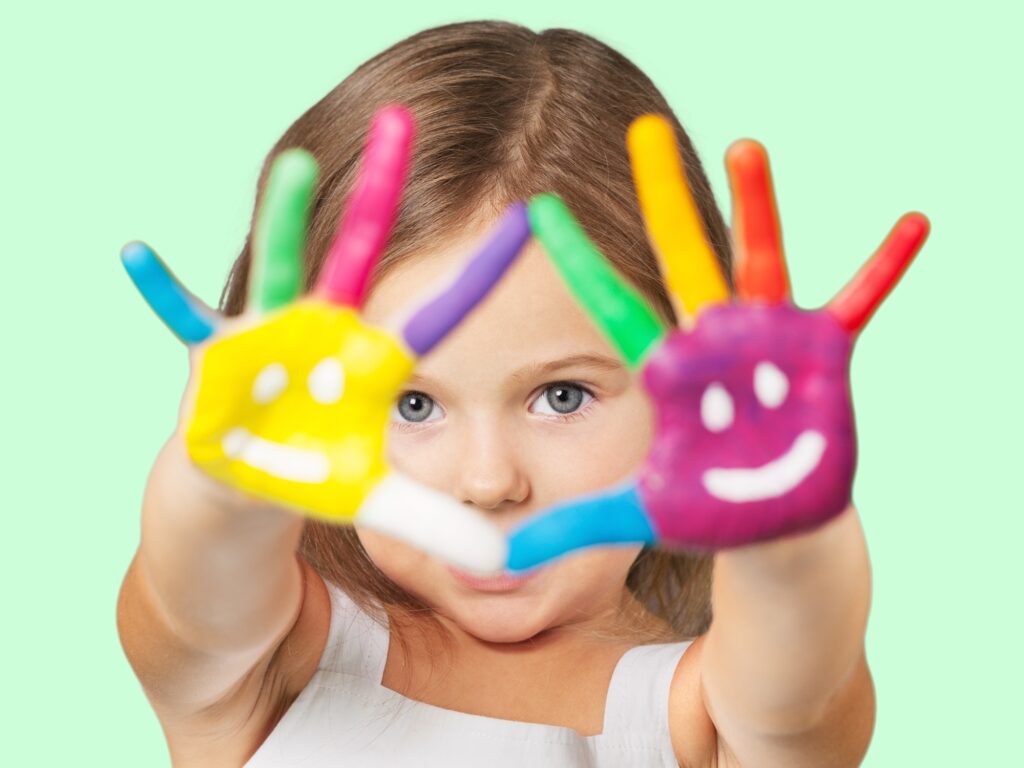
Play-based learning is precisely what it sounds like. . .learning through play. This means that instead of sitting at a desk and listening to a teacher’s lecture, children can explore, experiment, and discover on their own terms and in their own way.
We have to remember that children aren’t “miniature adults.” They are kids. Their brains are developing and growing and haven’t reached the maturity that most adults have. So, why do we tend to treat them like adults in a learning environment? The sit-down type of education can actually stifle a child’s ability to absorb information. However, kinetic energy and moving around stimulate the learning process for children.
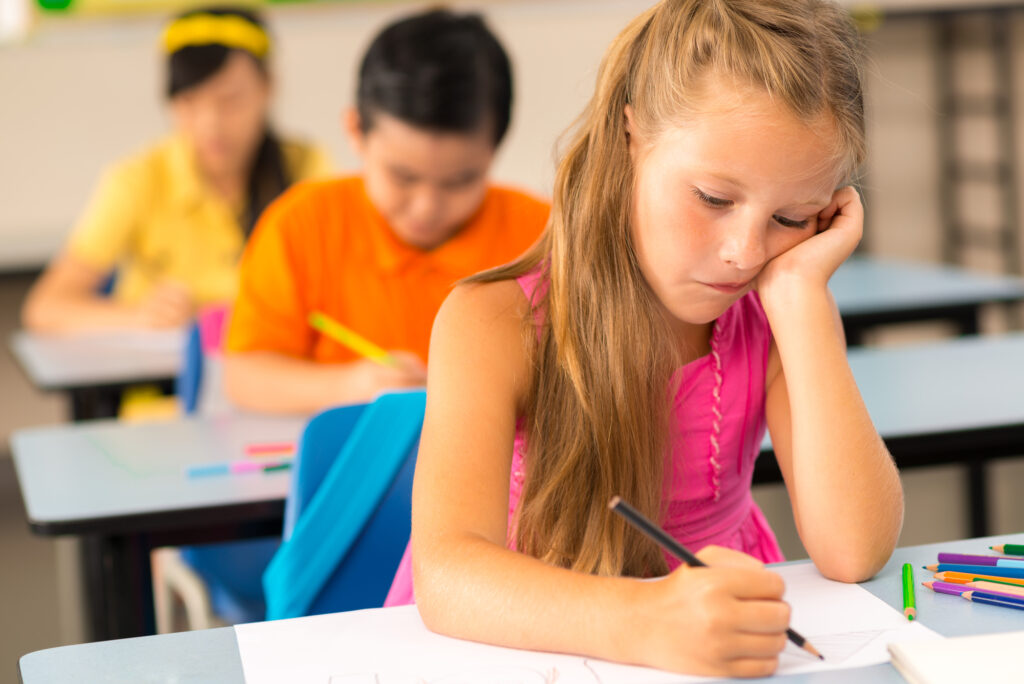
I’m not a teacher by profession, but I have almost as much experience as any certified teacher as I raised six kids and have nearly 20 grandchildren to date. I have had extensive teaching experiences with kids of all ages in home, school, community, and church settings. I’ve logged many, many hours of volunteer service and even helped to create play-based learning games along side a certified teacher for many years. The one thing that I can say for certain is that play-based learning far surpasses traditional lecture-type learning both in terms of attention and retention.
Although my experience is great, let’s look at some scientific evidence. . .
Research has shown that this type of hands-on learning can profoundly impact children of all ages but especially young children in their formative years and most particularly in math and spatial skills. Since those can be some of the most difficult skills to master, play-based learning can make it more fun. . .and like I said before. . .keep their attention!

Another skill that is often viewed as a task or a chore is writing. It’s often something to simply be endured during school and never to be revisited when school requirements are over. Now imagine that your child has an eager excitement for writing. That’s what one teacher, Jessica Arrow, discovered as she incorporated play into “choice centers” each day in her kindergarten classroom! Amazing!
Here are just a few of the benefits of play-based learning:
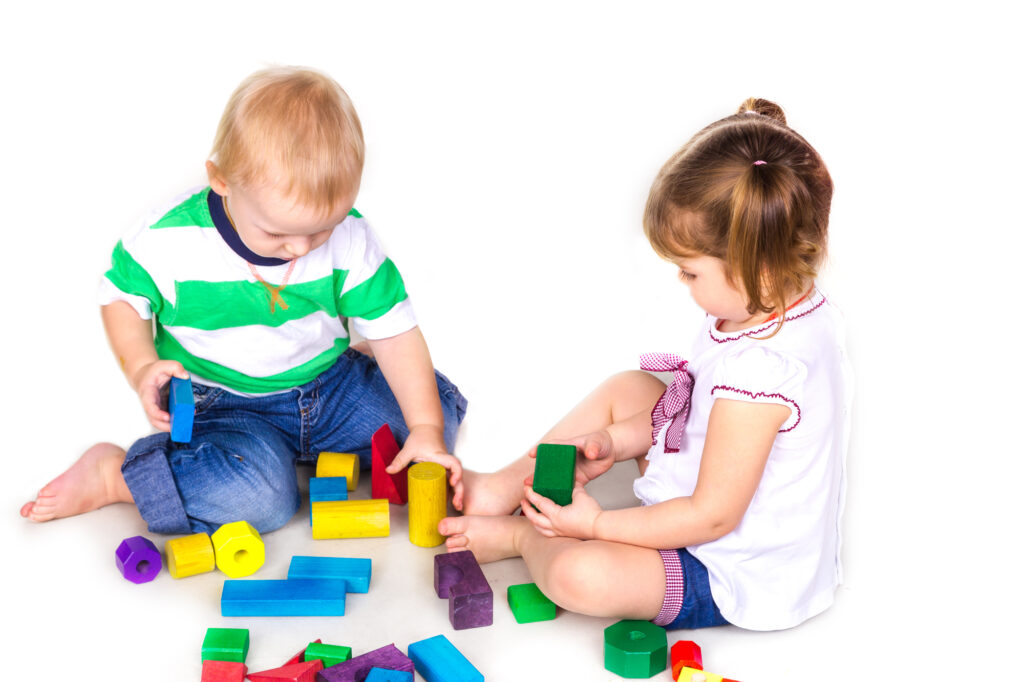
Play Helps Children Develop Social Skills
One of the most essential benefits of playtime is that it helps children develop social skills. When children are playing together, they are learning how to communicate with one another, share resources, and resolve conflicts. These are all important skills that will help them later in life when they’re interacting with friends, family, and co-workers.
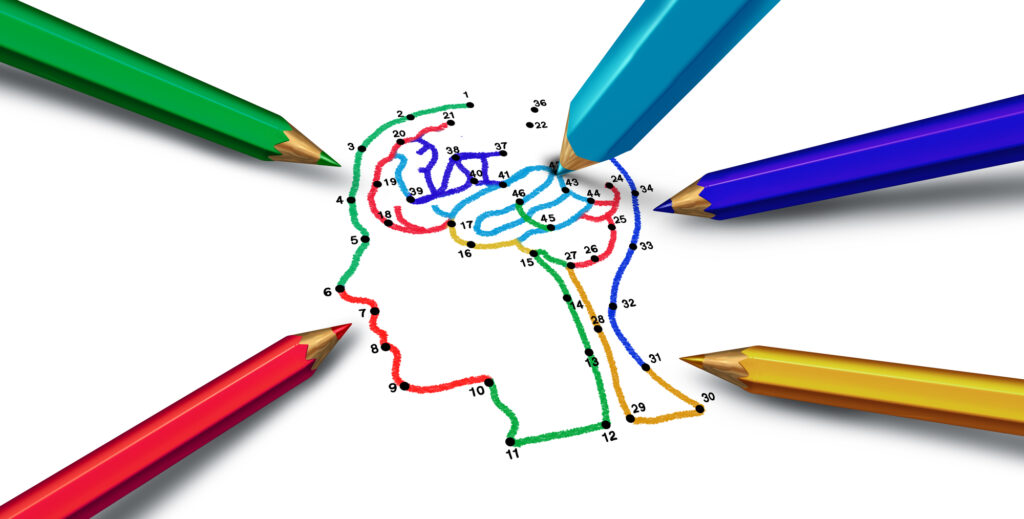
It boosts brain development.
When children engage in play-based learning activities, they use all sorts of cognitive skills, from problem-solving and critical thinking to memory and imagination. This type of mental stimulation helps to boost brain development and can even lead to higher IQ scores later in life.
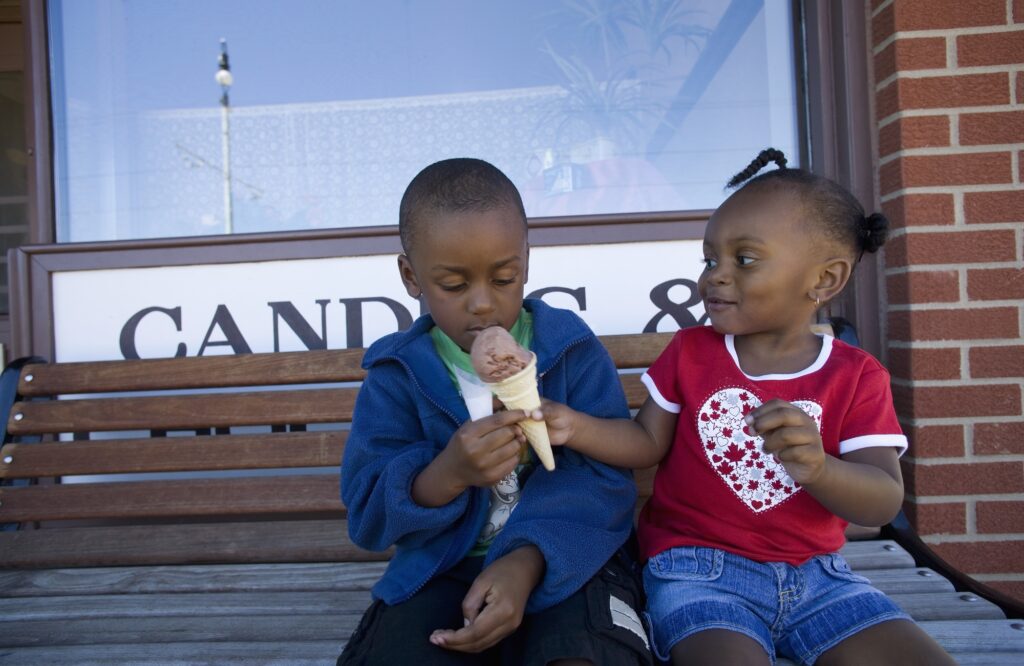
It promotes social and emotional development.
Play allows children to practice important social skills like cooperation, sharing, and communication. It also allows them to work through emotions like frustration, jealousy, and anger in a safe and controlled environment.
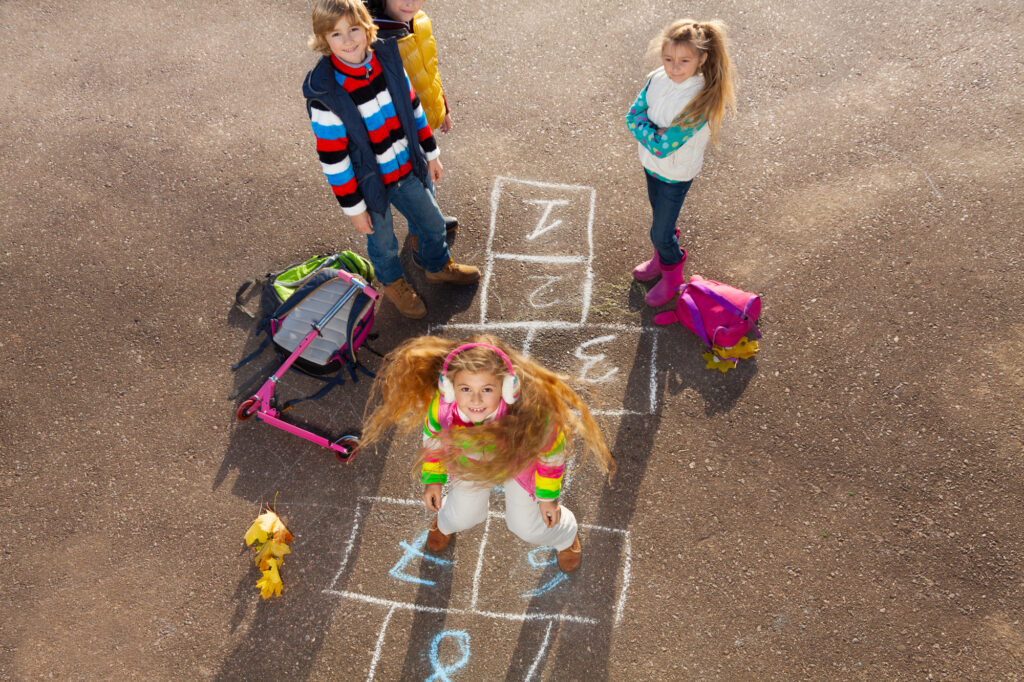
It develops fine and gross motor skills.
From climbing and jumping to pouring and painting, play gives kids a chance to use their large muscles (gross motor skills) and their small muscles (fine motor skills). These types of physical activities help develop coordination, balance, and agility—skills that will serve them well inside and outside the classroom.

It builds confidence and self-esteem.
Through play, children learn how to try new things, overcome obstacles, and persevere despite setbacks all without fear of failure or judgment. This sense of accomplishment boosts confidence and self-esteem, two essential ingredients for success in school and in life.
Conclusion:
I think it’s unanimous; the benefits of play-based learning for young children are truly amazing!
From encouraging creativity and imagination to developing critical thinking and problem-solving skills, play-based learning is a powerful tool for helping our little ones grow and thrive.
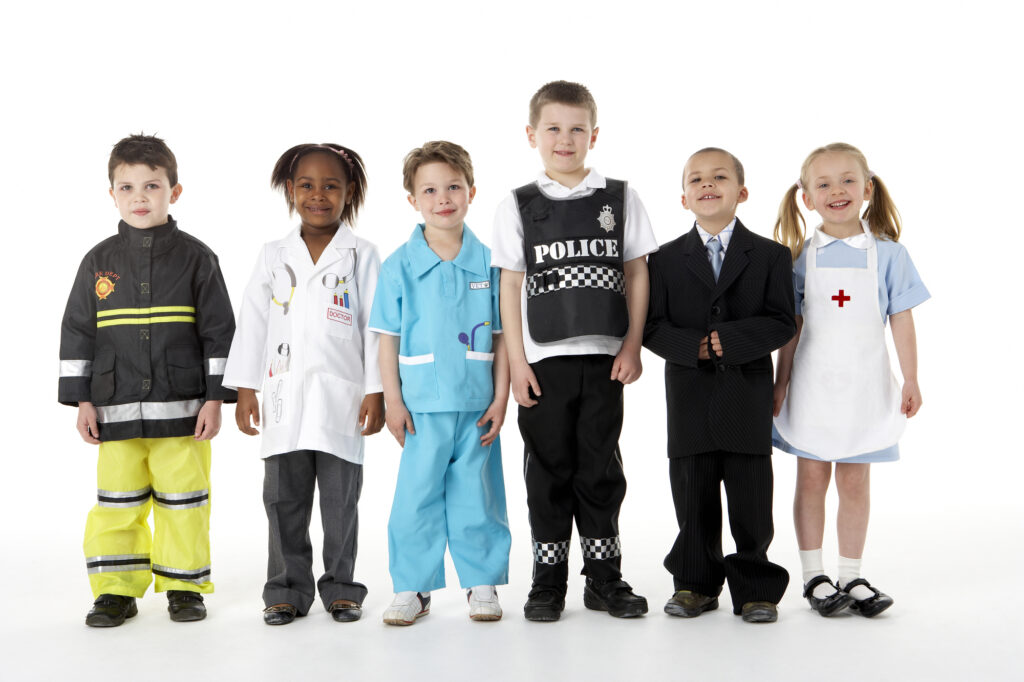
As a parent, I’ve seen the transformative power of play-based learning firsthand. My children and grandchildren have learned so much through play, from building towers out of blocks to pretending to be doctors or firefighters. I’ve even witnessed them using math skills when they don’t even realize what they’re doing. They’ve developed strong social skills, learned to collaborate with others, and developed a lifelong love of learning.
So if you’re looking for ways to help your child learn and grow, play-based learning is the way to go!
The possibilities are endless, whether through imaginative play, hands-on exploration, or sensory experiences.
And the best part is you’ll create lasting memories and a love of learning that will stay with your child for years.
If you have any questions or want to share your own experiences with play-based learning, hit me up in the comments below. Let’s work together to help our little ones reach their full potential!

